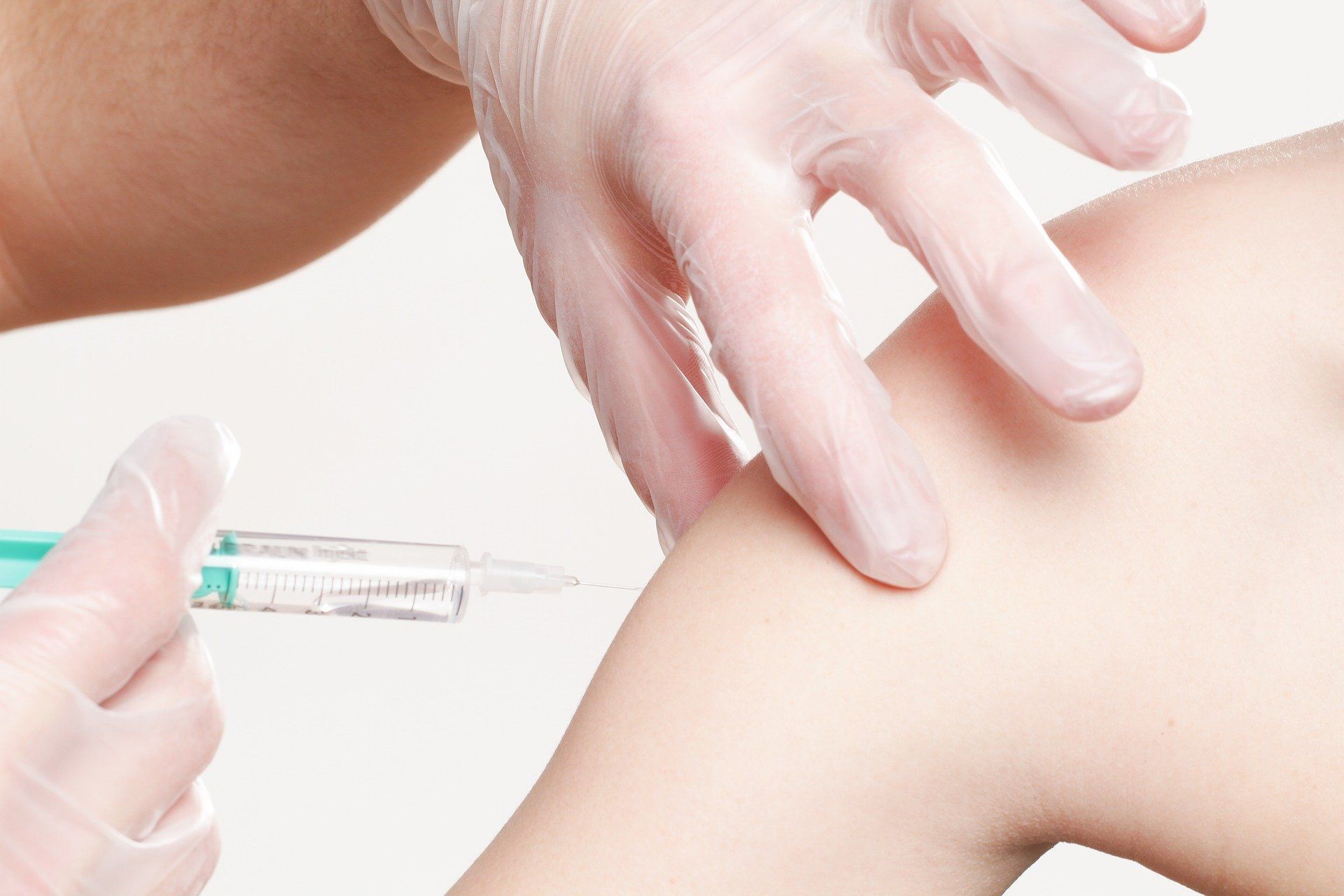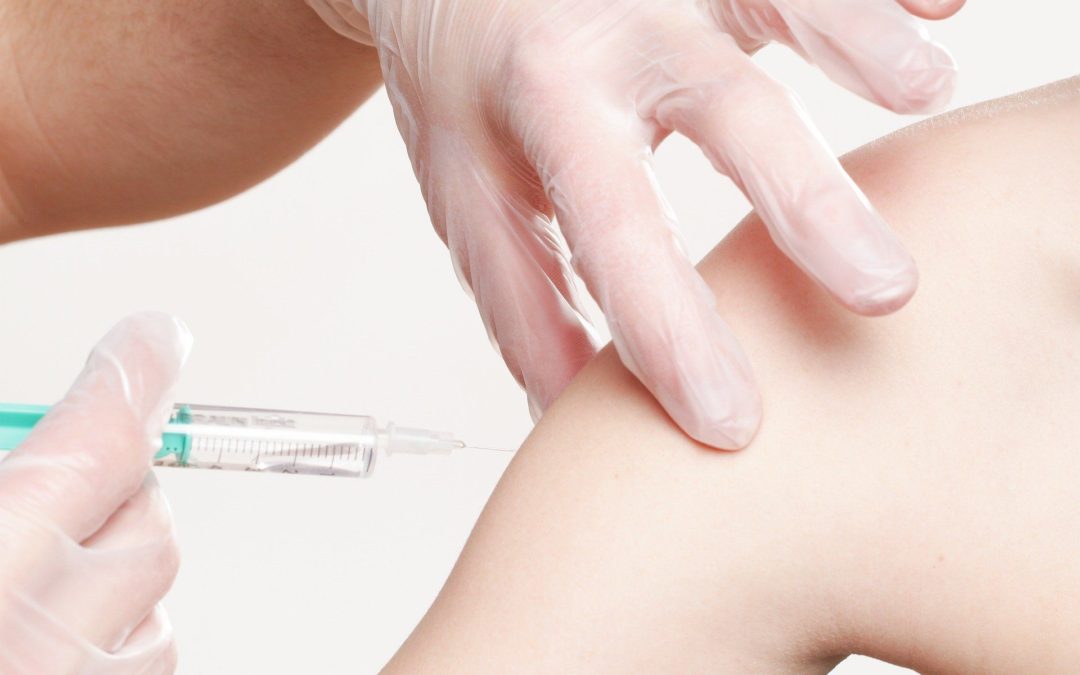
A large study shows that HPV vaccination reduces the risk of developing cervical cancer and there is no small reduction. For women who are vaccinated when they are between 17 and 30 years old, the risk is halved. And among those who were vaccinated before the age of 17, the risk drops by as much as 88 percent.
Researchers at Karolinska Institutet have followed 1.7 million women over eleven years to see what effect the vaccination has had. 500,000 of these women were vaccinated and only 19 of them got cervical cancer. The corresponding figure for the 1.2 million who were not vaccinated was 538.
– Now, for the first time at the population level, we can show that HPV vaccination protects against invasive cervical cancer, and not just against cell changes that can be precursors to cervical cancer. This is something we previously anticipated but which we can now actually show in a large national, individual-based study, says Jiayao Lei, researcher at the Department of Medical Epidemiology and Biostatistics at Karolinska Institutet and the study’s corresponding author.
Globally, human papillomavirus (HPV) kills 250,000 women a year. The researchers now hope that the study will motivate countries around the world to offer HPV vaccine to all children and adolescents to bring that figure down properly.
Overall, our study shows that HPV vaccination can greatly reduce the risk of cervical cancer, especially if it is carried out at an early age. This provides strong support for continuing to offer HPV vaccine to children and adolescents through general vaccination programs, says Pär Sparén, professor at the Department of Medical Epidemiology and Biostatistics and co-author of the study.





